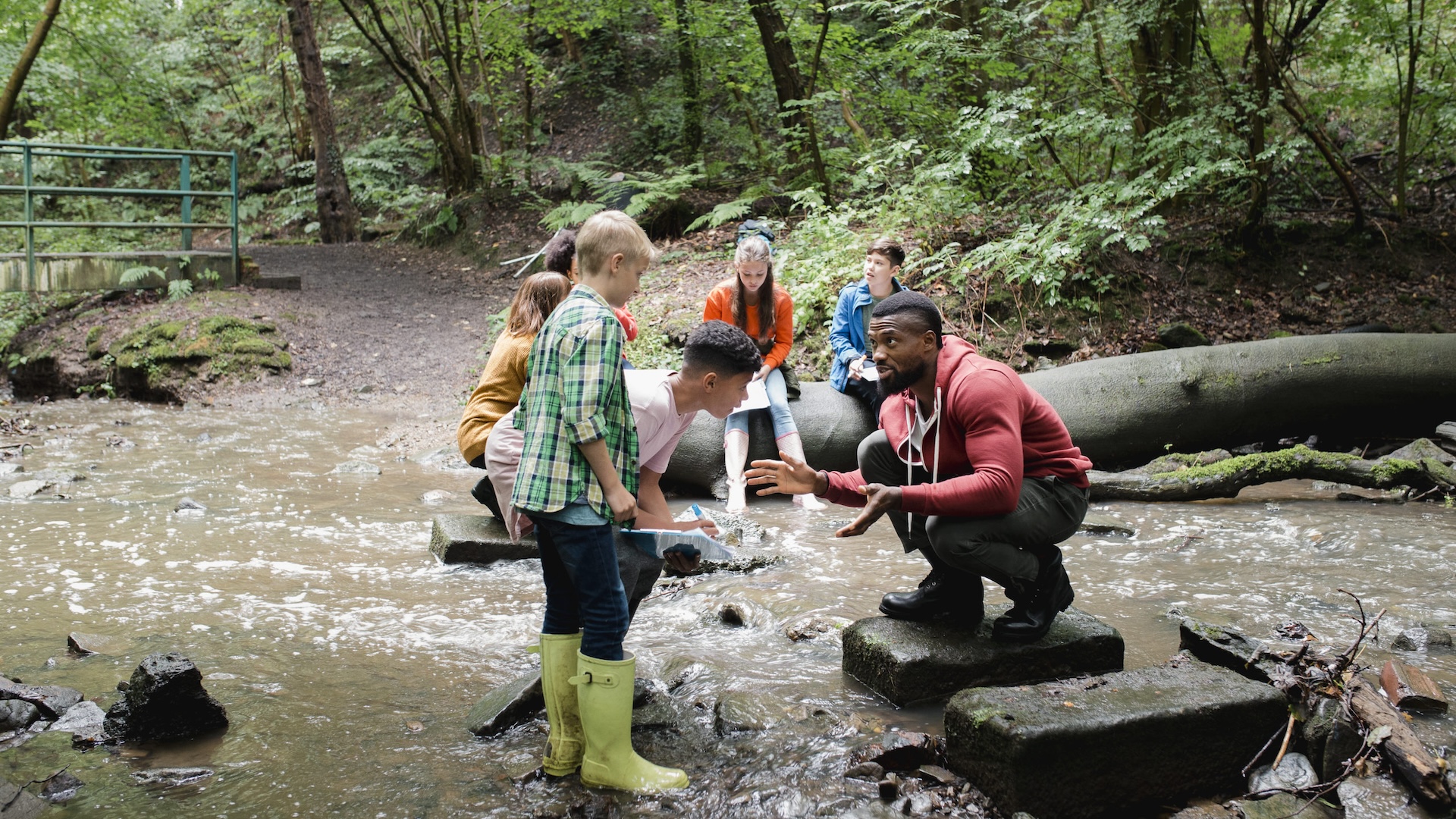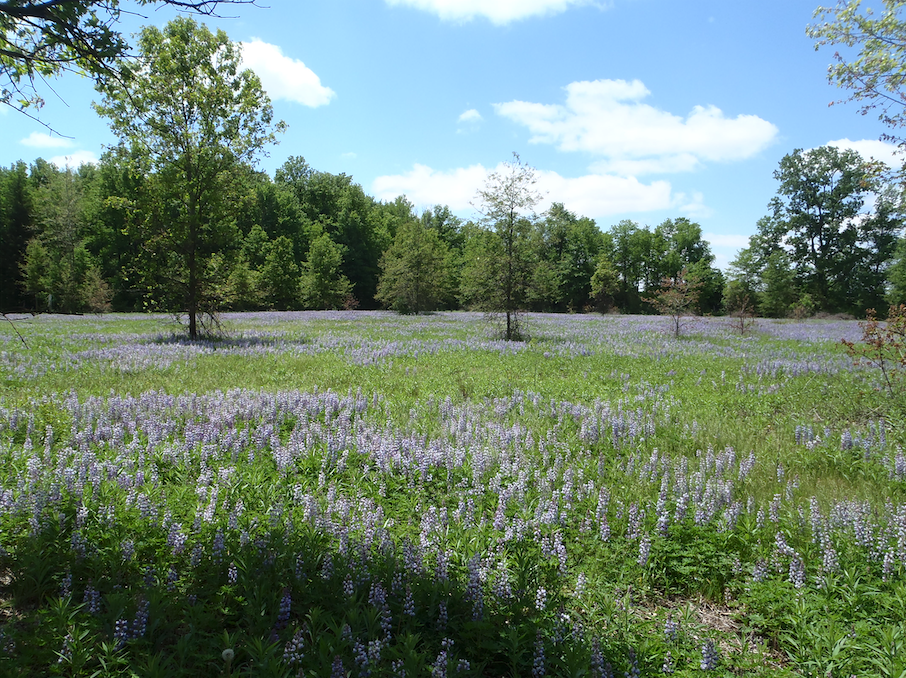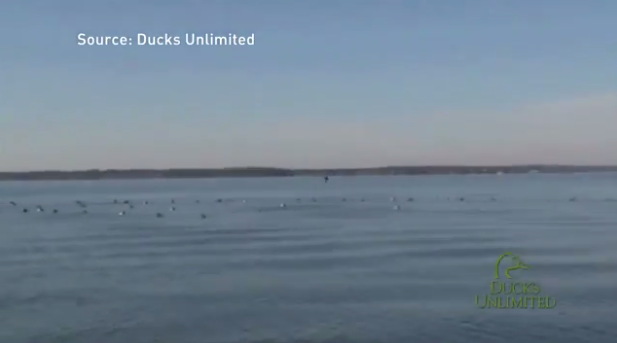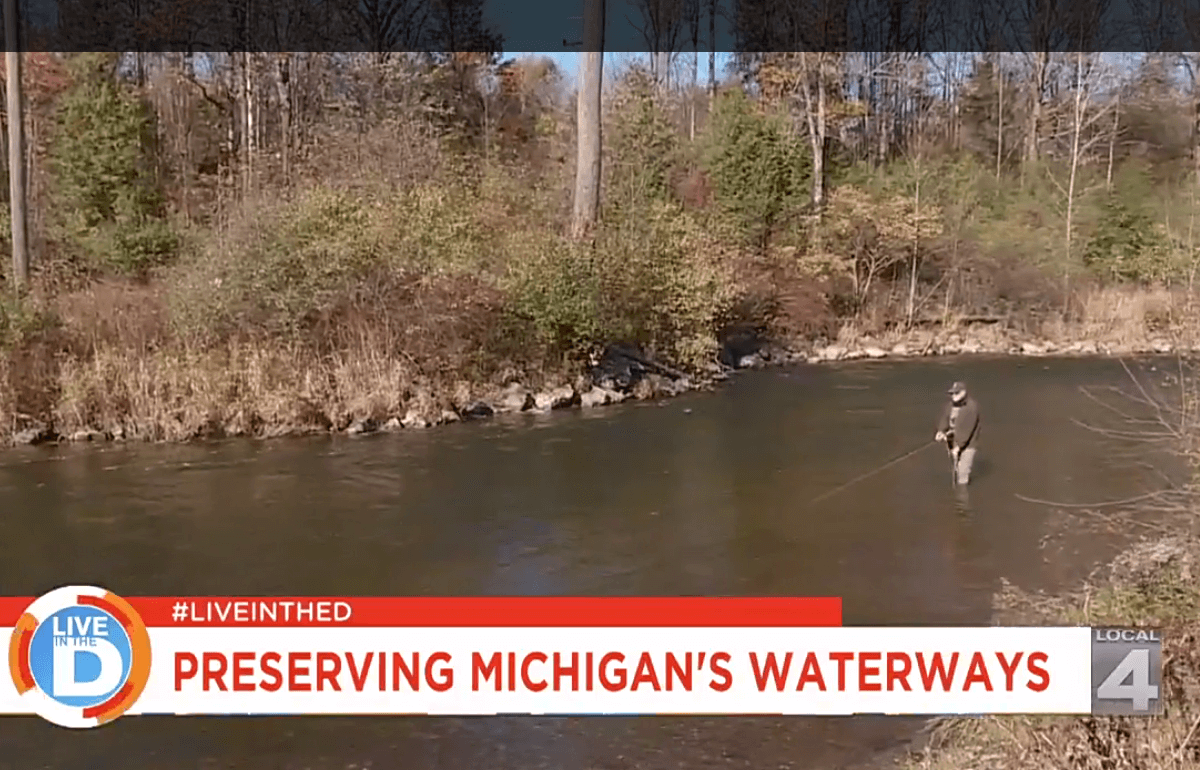Michigan, also known as “Great Lakes State,” is home to a rich backdrop of natural wonders, from its pristine forests to its shimmering lakes and abundant wildlife. Preserving this natural heritage is not only a matter of ecological importance but also a testament to Michigan’s commitment to future generations. Established in 2013, the Michigan Wildlife Council (MWC) is at the forefront of this mission, tasked with educating the public about the significance of wildlife conservation and its role in safeguarding Michigan’s outdoor legacy.
Michigan Chronicle
BY Lynzee Mychael, Multimedia Journalist
October 19, 2023
The MWC’s Mission and Objectives
At its core, the Michigan Wildlife Council is entrusted with the vital task of raising public awareness about wildlife conservation in the state. Its primary objectives are to promote an understanding of the importance of conserving Michigan’s wildlife and natural resources, emphasizing the role of hunters, anglers, and outdoor enthusiasts in this noble cause.
This nine-member public body was established through Michigan Public Act No. 246 of 2013, a testament to the state’s commitment to preserving its natural splendors. Since its inception, the council has been dedicated to fostering a sense of responsibility and stewardship among the citizens of Michigan towards their natural environment.
Beth Gruden has been a member of the council for the past six years and serves as a dedicated advocate for the state’s agricultural community. With certification as a plan writer for the Natural Resources Conservation Service, Beth Gruden brings invaluable expertise to the table. Her advocacy and understanding of Michigan’s wildlife ecosystem is the perfect combination to help residents understand hunting, fishing, and the economic impact wildlife has on our state.
The Role of Hunting and Fishing in Wildlife Conservation
Hunting and fishing activities play a pivotal role in maintaining balanced wildlife populations and preventing overpopulation. The Michigan Department of Natural Resources (DNR), the agency primarily responsible for wildlife conservation in the state, employs carefully regulated hunting seasons to keep wildlife populations in equilibrium with their habitats.
“Carefully regulated hunting seasons keep wildlife populations in balance with their habitat. In addition, the majority of the important wildlife management work the Michigan DNR does is funded through the purchase of hunting and fishing licenses and equipment,” said Gruden.
This financial support from hunters and anglers enables the state to invest in programs that benefit the entire ecosystem.
The DNR takes numerous factors into consideration when planning wildlife management strategies, including the needs and desires of the public, as well as changes in the natural environment. These considerations ensure that wildlife populations remain healthy and that Michigan’s ecosystem thrives.
Contributions to Michigan’s Economy
The economic benefits of hunting and fishing in Michigan are substantial. These activities not only contribute to the preservation of the state’s natural resources but also play a crucial role in boosting its economic well-being.
Gurden explained that “Every time a person goes hunting or fishing in Michigan it helps boost Michigan’s economy. Hunting and fishing has a $11.2 billion impact to Michigan’s economy each year. In addition, it generates 171,000 jobs annually. This takes into account hunting and fishing equipment purchases as well as all our lodging and dining along the way.”
Hunting and fishing activities generate a long list of jobs annually, providing employment opportunities to a diverse range of individuals. From outfitters and guides to restaurant workers and hospitality staff, these activities have a far-reaching impact on Michigan’s labor market.
Staying Informed and Engaged
For those interested in learning more about the Michigan Wildlife Council’s work and staying updated on conservation efforts and opportunities in the state, the council’s website, hereformichiganoutdoors.local, is a valuable resource. Through this platform, individuals can access a wealth of information about Michigan’s wildlife, outdoor activities, and conservation initiatives. It also serves as a hub for those who wish to get involved in preserving Michigan’s natural heritage.
In a collaborative effort, the Michigan Chronicle and the Michigan Wildlife Council have joined forces to educate the community about the benefits of and dispel misconceptions regarding our state’s wildlife with informative videos. Don’t forget to explore Michigan Chronicle’s social media platforms for useful nuggets of knowledge that you can easily share with your loved ones. Through various educational channels, the Michigan Wildlife Council is dedicated to ensuring that Michigan residents stay well-informed and motivated to protect our state’s natural legacy.
The Michigan Wildlife Council’s mission to educate the public about wildlife conservation and its commitment to preserving the state’s outdoor legacy are vital components of Michigan’s identity. With the continued support of hunters, anglers, and outdoor enthusiasts, as well as the broader public, Michigan can look forward to a future where its natural wonders are preserved for generations to come.
The Way Forward: A Shared Responsibility
Preserving Michigan’s natural heritage is not the sole responsibility of the Michigan Wildlife Council; it is a collective endeavor that requires the participation of all Michiganders. Whether you are an avid outdoor enthusiast, a nature lover, or simply a resident who values the state’s beauty, there are several ways you can contribute to these conservation efforts:
Support Conservation Organizations: Consider donating to or volunteering with organizations dedicated to preserving Michigan’s natural heritage.
Practice Responsible Outdoor Recreation: Whether you hunt, fish, hike, or camp, always follow ethical and sustainable practices to minimize your impact on the environment.
Stay Informed: Stay updated on wildlife conservation issues in Michigan and advocate for policies that prioritize the protection of the state’s natural resources.
Educate Others: Share your knowledge and passion for Michigan’s natural heritage with friends and family, and encourage them to get involved in conservation efforts.
Participate in Conservation Programs: Take part in wildlife monitoring, habitat restoration, and other conservation programs in your area.
Michigan’s natural heritage is a treasure that deserves our utmost care and attention. Thanks to the tireless efforts of organizations like the Michigan Wildlife Council and the commitment of the state’s residents, Michigan’s natural beauty will continue to flourish, providing a legacy that will be cherished by generations to come. Together, we can ensure that Michigan remains the Great Lakes State, not only for its abundant water resources but also for its thriving wildlife and pristine landscapes.



